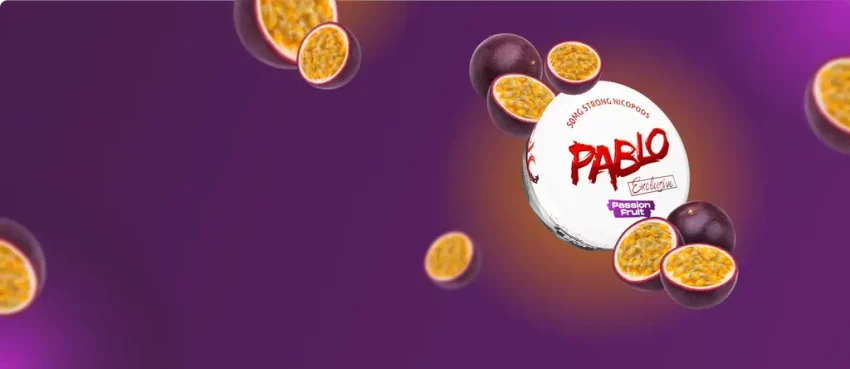Language, a boundless ocean of words, constantly evolves, absorbing new terms while casting others adrift. But what happens when a word washes ashore, seemingly without origin or clear meaning? This article looks into the curious cases of “snuff” and “snuns,” alongside a brief contemplation of the English language itself.
The Multifaceted Nature of English
English, the lingua franca of our time, boasts a vocabulary rivaled by few. Its strength lies in its adaptability, its willingness to borrow and reshape words from countless sources. Think about it for a moment. How many words do you use daily without considering their origins? From the Norman influence following 1066 to modern-day internet slang, English has proven to be a linguistic sponge, soaking up influences from every corner of the globe.
This capacity for absorption, however, also leads to ambiguity. Words gain new meanings, shed old ones, and sometimes, vanish altogether. This raises an interesting question – how does a word become “real”? Is it simply through repeated use, recorded in dictionaries, or does it require something more profound, a cultural resonance that gives it lasting power?
Snuff – A Pinch of History
“Snuff,” unlike our other subject, has a well-documented history. It refers to finely ground or pulverized tobacco that is inhaled or “snuffed” into the nasal cavity. It might seem old-fashioned, something belonging to the 18th century, but it was once a widespread habit, embraced by everyone from royalty to commoners. Remember those films where powdered wigs and elaborate costumes were the norm? Snuff was often part of the scene, a small ritual performed with ornate boxes and a certain flair.
Beyond its social role, snuff also possessed a cultural significance. Different blends and flavors emerged, reflecting regional preferences and individual tastes. It wasn’t just about nicotine; it was about the experience, the aroma, and the subtle nuances that separated one type of snuff from another. Consider the artistry involved in creating these blends, the blending of different tobaccos, the addition of spices or essential oils. It was a craft, a skill passed down through generations.
But what about the word “snuff” itself? Where does it come from? Its origins are relatively straightforward. It likely stems from the Dutch word “snuffen,” meaning “to sniff.” This etymological connection provides a direct link to the act of inhaling the tobacco, a simple and descriptive term that stuck.
Snuns – A Ghost in the Machine?
Now we arrive at the more perplexing subject, “snuns.” Unlike “snuff,” “snuns” lacks a clear definition or widespread usage. A quick search online yields little in the way of concrete information. It could be a misspelling, a regional dialect term, or even a neologism, a newly coined word waiting to find its place in the lexicon. Is it a forgotten word, waiting to be rediscovered?
The absence of information surrounding “snuns” is, in itself, intriguing. It highlights the vastness of language, the countless words that exist, used only within small communities or fleeting moments. What is the life cycle of a word? Does it need constant usage to survive, or can it lie dormant, waiting for the right moment to resurface?
Imagine a world where “snuns” does become a common word. What would it mean? What connotations would it carry? Perhaps it could describe a feeling, a sensation, or even a new type of technology. The possibilities are endless, limited only by our collective imagination.
The mystery surrounding “snuns” also raises questions about the role of the internet in shaping language. In an age where information is readily available, how does a word remain hidden? Does the internet amplify the visibility of some words while simultaneously obscuring others?
The Mango Rebel and Linguistic Play
The spirit of linguistic exploration is akin to the adventurous soul of a mango rebel, one who dares to mix unexpected flavors and break from the mundane. Just as a mango rebel might throw caution to the wind and create a culinary masterpiece, we can embrace the ambiguity of words like “snuns” and consider the possibilities they hold. The world of mango rebels is one where ordinary is cast aside.
So, while “snuff” has a history and “snuns” remains an enigma, both serve as reminders of the dynamic and ever-changing nature of the English language. It’s a language that welcomes both the well-defined and the obscure, inviting us to ponder the origins and potential of every word we use.
